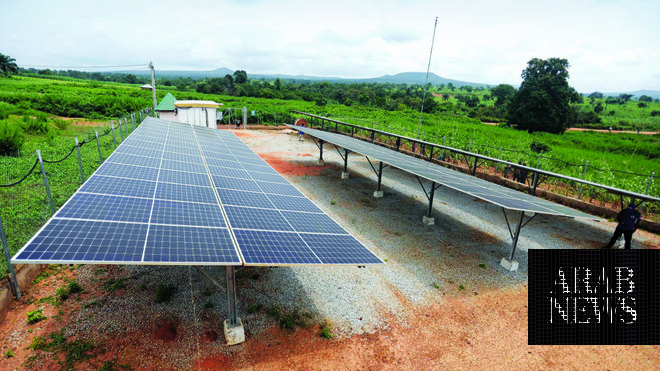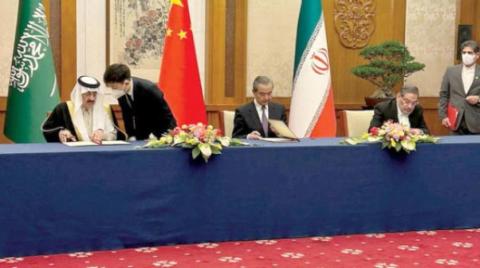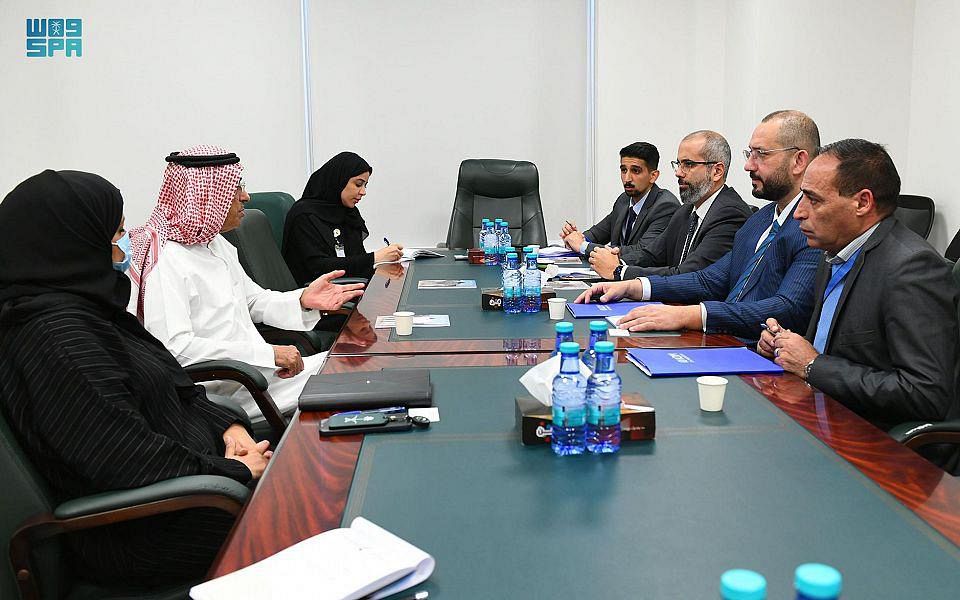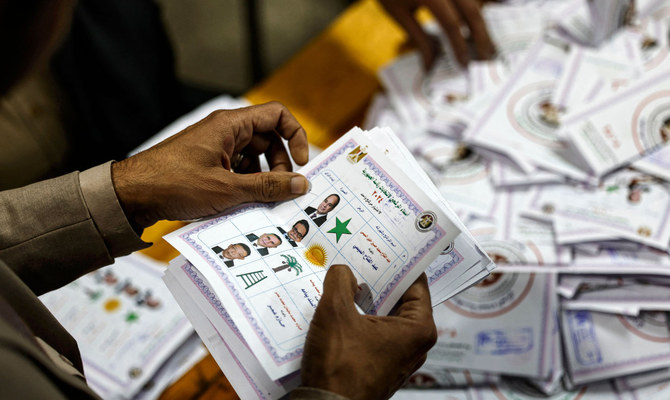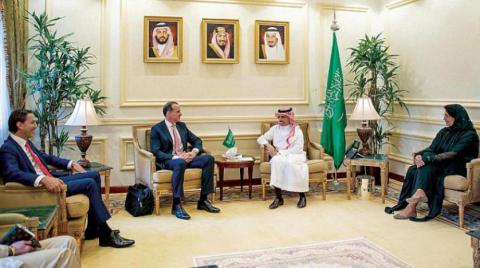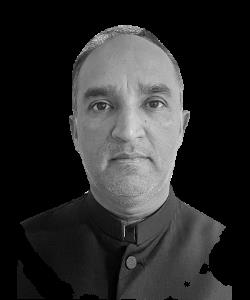
Familiar with the ebb and flow of great power competition, Africa has often found itself caught up in superpower rivalries. Its colonial scars had barely healed when the Cold War turned it into an ideological battleground. And although the Cold War curtains drew to a close, the narrative of major powers jostling for influence did not, often leading to proxy wars and unsettling volatility.
China’s growing influence has added another dimension to Africa’s geopolitical landscape, driving extensive economic and diplomatic ties through trade, investment and infrastructure projects. Debates have resurfaced about the implications of this involvement, raising concerns over debt traps, resource extraction and potential neocolonialism. As China invested in large-scale infrastructure projects through its Belt and Road Initiative to enhance connectivity and trade, analysts characterized the Africa-China relationship as a “form of Eastern influence.”
As Africa appears on the cusp of turning its strategic resources into global influence, this offers an opportunity to reflect on the benefits and downsides of these associations and take a more measured approach. This is where greater engagement with the Middle East — a region with which it shares many commonalities — makes strategic sense.
Isaac Kwaku Fokuo Jr., principal of Botho Emerging Markets Group, aptly dubs Africa the “belle of the ball” in the intricate ballet of geopolitics. For Fokuo, Africa’s emergence as a key player in geopolitics is inevitable. “Whether it’s for its natural riches or as a final frontier for global alliances in flux, Africa remains pivotal,” he observes. He suggests that, given the intensifying global polarization, Africa finds itself torn between Eastern and Western powers, pushing it toward potential allies like the Middle East.
Greater engagement with the Middle East — a region with which it shares many commonalities — makes strategic sense
Ehtesham Shahid
The continent has the critical ingredients required to become a long-term player — enormous natural resources and demographic dividends being the prominent ones. It will add 796 million to the workforce globally and be home to the largest and youngest population by 2050. Thankfully, the otherwise discordant and conflict-infested continent has found synergies in critical areas, such as economic integration, strategic partnerships and digital transformation.
The geopolitical interests of both Eastern and Western powers still intersect in Africa, and many African nations’ trajectory is toward increased global influence. In this context, there is a strategic benefit in engaging with the Middle East as a counterbalance to heavy reliance on major powers like China or the US.
The Africa-Middle East relationship is not just multifaceted; it predates the contemporary East versus West geopolitics, with historical, religious, economic and cultural dimensions. The routes that connect Africa, Asia and Europe meet in the Middle East. It is estimated that more than 250 million people in Africa speak Arabic.
However, realizing this potential requires leadership, strategic investments, regional cooperation and balanced international partnerships. Despite Africa’s bright prospects, intraregional conflicts, widespread poverty and growth-crippling corruption remain significant hindrances. Perhaps there is a synergy to be found in the Global South, another classification that binds the two regions.
Africa appears destined to become a pivotal player in international affairs in the coming decades, as conditions ripen for the continent to accelerate its development. A confluence of the continent’s abundance of strategic resources, favorable demographics and attractive growth prospects may give it greater leverage in modern affairs. Observers also claim that the US-China rivalry and push for net-zero emissions will be critical catalysts for transforming Africa into a geopolitical fulcrum.
There appears to be a growing realization of the need to find more and more local and regional solutions
Ehtesham Shahid
There also appears to be a growing realization of the need to find more and more local and regional solutions. The 15th annual ASDA’A BCW Arab Youth Survey claims that nearly two-thirds of those in the Gulf Cooperation Council, North Africa and the Levant countries say they “strongly or somewhat support” US disengagement from the region.
There is also an energy interdependence dynamic at play. A South African Institute of International Affairs analysis expects a shift from fossil fuel production to extracting several “green” minerals. A significant part of these deposits is in Africa. “Several empirical studies have already investigated the potential of African economies to provide minerals for the energy transition,” it says.
When regions try to find synergies, they collaborate for mutual benefits that might not be possible individually. Several geopolitical theories apply in this context — realism, liberalism and constructivism being among them. Robert Keohane and Joseph Nye propounded complex interdependence in international relations to describe the global political economy’s emerging nature. It entails that relations between states are becoming increasingly deep and complex, as is evident in Africa and the Middle East.
But one must remember: Africa, much like the Middle East, is not a monolith. Relationships oscillate based on historical narratives, economic motives, political alignments and leadership visions. Negah Angha of the Atlantic Council encapsulates the potential: “A cooperative Middle East and North Africa region can be a cornerstone in addressing global challenges, ensuring regional stability and prosperity.”
Easier said than done, one would say, but who knows where shifting geopolitical alliances will take us amid the great power competition that seems to be going nowhere?
Ehtesham Shahid is an Indian editor and researcher based in the UAE. Twitter: @e2sham
Disclaimer: Views expressed by writers in this section are their own and do not necessarily reflect Arab News" point of view




